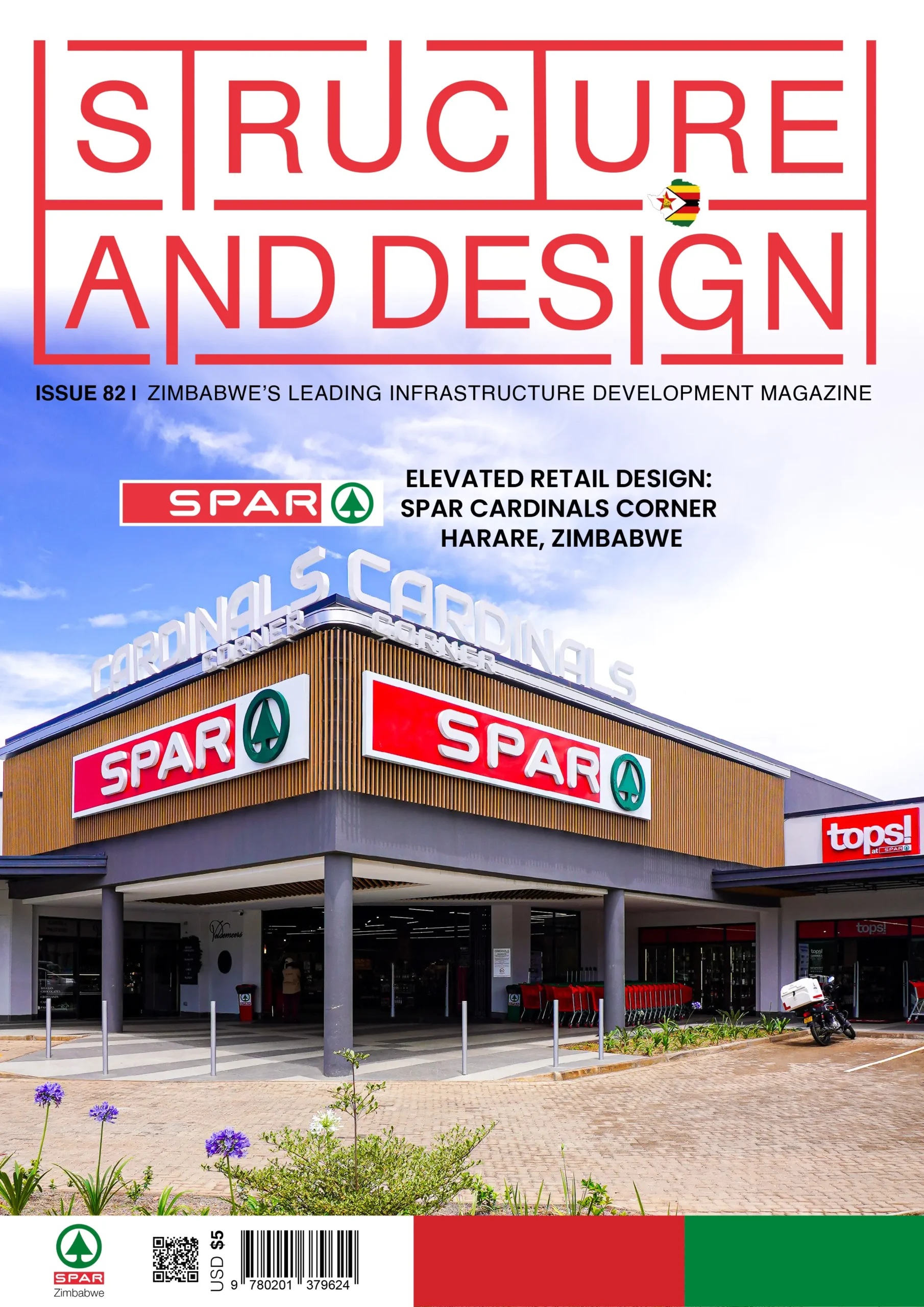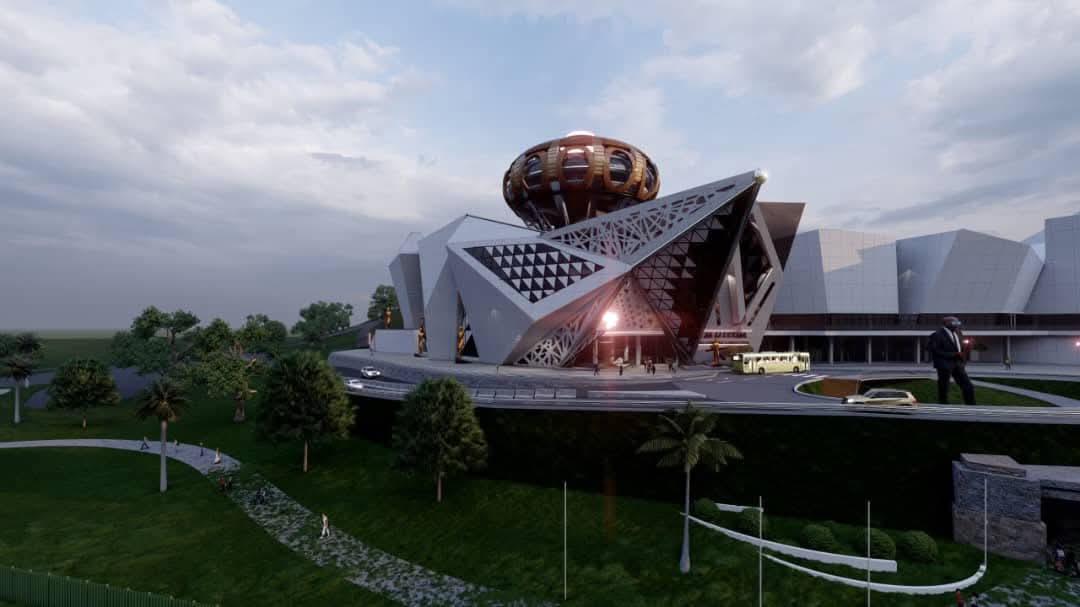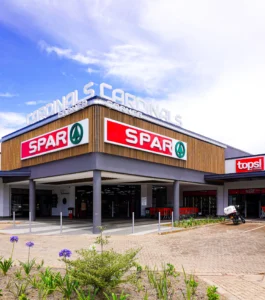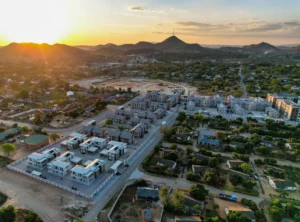The Ministry of Transport and Infrastructural Development’s Strategic Planning Workshop entered its crucial second day today, with officials and stakeholders locked in intensive sessions to finalize a bold, integrated, and inclusive infrastructure blueprint for the nation. Building on the foundational discussions of day one, the workshop is setting the course for a comprehensive transformation of the national transport landscape, moving decisively towards systems that prioritize efficiency and national connectivity.
Kicking off the proceedings, Permanent Secretary Engineer J.P. Makumbe delivered a powerful and galvanizing opening address. Eng. Makumbe called for a transformative course, challenging participants to move past traditional, siloed approaches to project development. “We must design a system where our roads, railways, ports, and airports function not as separate entities, but as a single, efficient network,” she asserted. This unified vision is central to the Ministry’s new strategy, which aims to create seamless movement of goods and people across the country and connect critical economic zones.
However, the Permanent Secretary also injected a dose of pragmatic realism into the high-level discussions. She underscored the critical principle that “a plan is useless without the capacity and funding to execute it.” Eng. Makumbe reiterated that the Ministry is strategically aiming to leverage its recent achievements, notably its accolade as the Best Performing Ministry for the year 2024, as a platform for securing the massive investments needed. This proven track record, she suggested, provides the necessary confidence for both domestic and international partners.
The Permanent Secretary further challenged the assembled experts not to rest on their laurels. She urged every participant to work relentlessly to craft a robust, executable final plan that will not only guide billions in investment but fundamentally shape the quality of life for every citizen—from the farmer transporting produce to the commuter traveling to work.
A frank and solutions-oriented atmosphere has been the prevailing mood of the workshop. Key sessions on day two are dedicated to critically examining past projects, with a strong emphasis on avoiding complacency and learning from any shortcomings. Stakeholders are participating in high-level risk assessments and feasibility studies, ensuring the final blueprint is not only ambitious but also resilient and achievable. The Ministry’s determined drive signals a new era of infrastructure development, focused on execution, integration, and sustainable impact.










